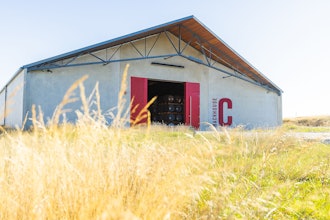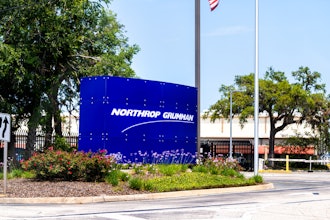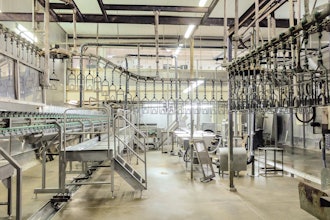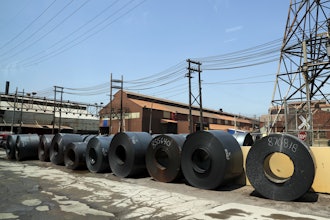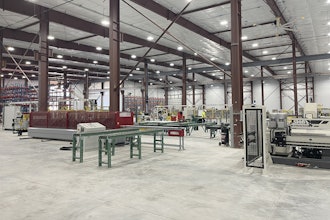DETROIT (AP) — Two Japanese automakers are scaling back production at North American plants as they assess their ability to get parts from Japan after that country's devastating earthquake and tsunami.
Subaru of America said Tuesday it has suspended overtime at its only North American plant in Lafayette, Ind. Toyota Motor Corp. also said it was suspending overtime and Saturday production at its 10 plants in the region.
So far, other Japanese automakers say their North American plants are unaffected. Nissan Motor Co., Honda Motor Co., Mitsubishi Motors and Mazda Motor Corp. all say they have not changed their production plans.
But that could change if lingering damage from the earthquake prevents parts shipments. Mitsubishi, for example, has enough parts on hand or en route to operate its Illinois assembly plant through April 3, spokesman Dan Irwin said.
"The situation is fluid, so we continue to monitor our supply chain and logistics," he said.
In Japan, auto companies have shut down production for the rest of the week as they assess damage to plants, ports and roads.
While Japanese automakers with North American plants use locally-based suppliers for many of their parts, others still come from Japan. The U.S. imported $12 billion worth of auto parts from Japan in 2010, from spark plugs to engines, according to the Original Equipment Suppliers Association.
Dave Andrea, the trade group's senior vice president of industry analysis and economics, said some parts had been in short supply prior to the earthquake, including semiconductors, precision bearings and tires. He estimated that most automakers have a three- to four-week inventory of parts in the pipeline.
"Once those start to dry out, that's where you see the shortages in the assembly plants," Andrea said.
Companies can ill afford those shortages. Subaru spokesman Michael McHale said the Indiana plant had been running on overtime because of strong sales of its vehicles. The Outback wagon, which is made at the plant, is currently at a 30-day supply. A 60-day supply is considered ideal.
McHale said he didn't know when overtime will be restored at the plant, which produced 150,000 vehicles last year, or 55 percent of the Subarus sold in the U.S. The plant also makes the Tribeca wagon and Legacy sedan.
Toyota, meanwhile, said the restrictions on overtime and Saturday shifts were designed to conserve Japanese-made parts. About 75 percent of the parts in North American-built Toyotas are supplied locally, but the rest come from Japan.
Toyota spokesman Mike Goss wouldn't specify which parts come are imported, but said the company typically has a two- to three-week supply of them.
Now supplies are uncertain.
"There's some pipeline of parts from Japan to the United States and we're trying not to burn through that too quickly," Goss said.





